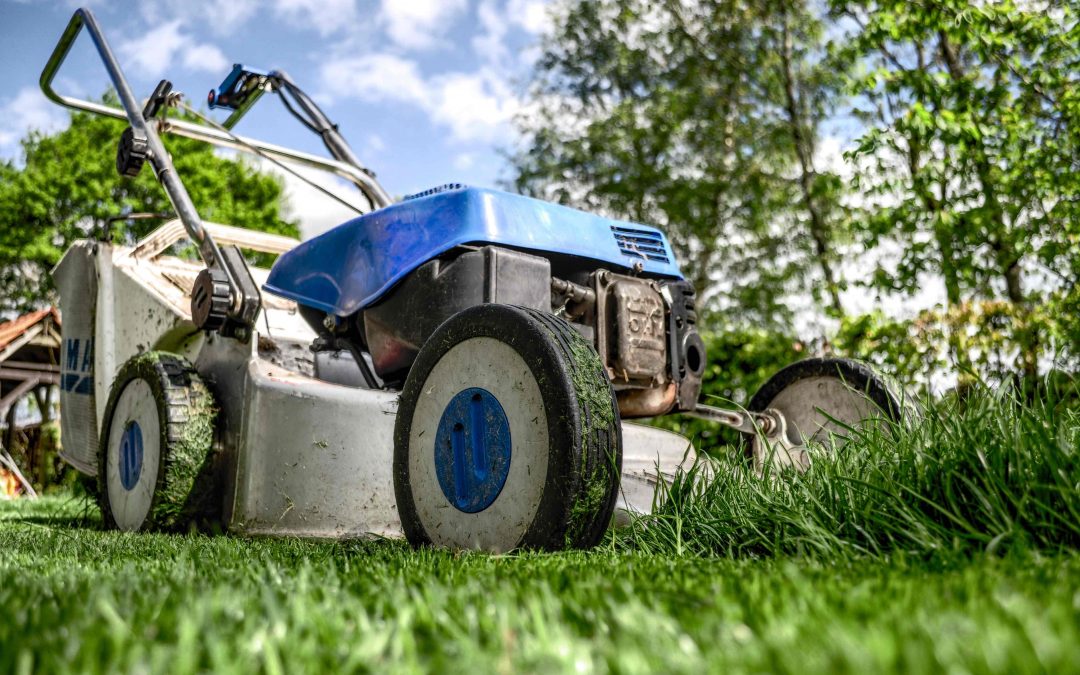According to the National Association of Homebuilders, a majority of Americans (around 75 percent) believe that owning a home is the best way to make a solid investment in their future, and so it is a goal that many people strive towards.
Whether you’ve saved for years and are considering buying a home, or you have already become a homeowner and are planning your financial future from here, you must consider the hidden costs of home ownership.
In this article, we’ll talk about those costs and what to consider, no matter what stage of the home-buying process you are in.
Homeowners association (HOA) fees are an expense.
Not every neighborhood has a homeowners association, but if yours does, you’ll pay a fee, often due monthly or yearly. HOA fees can range widely.
Depending on the neighborhood, HOA feeds cover landscaping, maintenance of common areas (including swimming pools, tennis courts, parking areas, playgrounds, and similar), and general upkeep of the neighborhood.
For more about HOA fees, check out this comprehensive article.
Property taxes are a yearly expense.
Property taxes are based on the value of your home, and like HOA fees what you’ll pay depends on where you live. State by state, average property taxes can vary from as low as $678 (Alabama) to as high as $8,485 (New Jersey).
Maintenance, repairs, upgrades, replacing appliances, hazard insurance, and disaster preparedness — be ready!
Bravely face the daunting specter of the cost of home maintenance and repair. Addressing something as simple as a broken pipe can set you back a couple of thousand dollars.
Replacing the roof, fixing the deck, painting the woodwork, pointing the chimney — these tasks and more are all but inevitable if you own a home for more than a decade.
Remember also that maintenance is not just about keeping the building itself intact but also extends to things like appliances, whose lifespan varies but generally isn’t over twenty years. Here’s a handy graphic that breaks down the maintenance and replacement costs for all major appliances.
Do your insurance research.
It’s essential to budget for emergencies, disasters, and unexpected repairs. You will need to purchase hazard insurance, which will help cover damages in case of a natural disaster — such as a flood, tornado, or wildfire.
Hazard insurance is different from homeowners insurance, which is also a necessity. You may also need to purchase private mortgage insurance, depending on what type of loan you take out to buy the house.
Find an insurance company you trust, and make sure you have your insurance policies lined up before purchasing a home.
Utilities can add up.
Water, gas, electricity, trash service — each of these can be a monthly or quarterly cost. Budgeting for utilities is relatively simple, as you can average your monthly expenditures. Keep an eye that you’re not overdoing things though, especially in the summer and winter months when you might be tempted to crank up the air conditioning or the heat.
Owning a home takes up time.
There’s also a nonmonetary cost of owning a home: time. Once you own a home, you will inevitably find yourself spending a portion of vacation time doing work on the house: repairs, maintenance, improvements, and so on.
Time is money, as they say, and your time will most assuredly be diverted to house-related projects once you buy. It’s not a direct financial burden, but it is certainly a factor to consider.
The bottom line
If you are sure that the long-term financial and practical benefits of owning a home outweigh these hidden costs, then go forth and buy a house. It is a good investment in your future — and it can provide you with a sense of safety and ownership that is beyond price.




